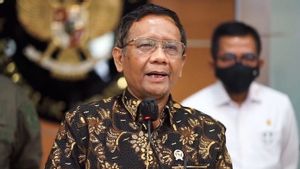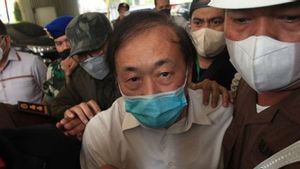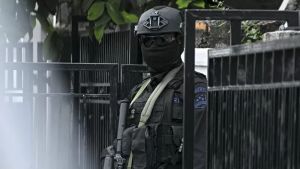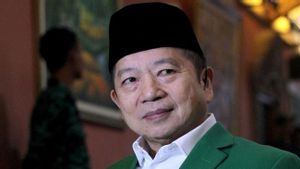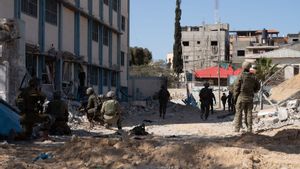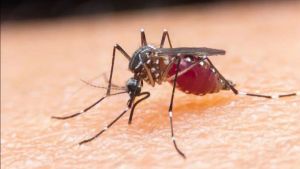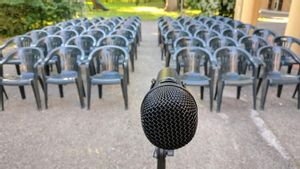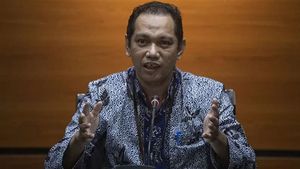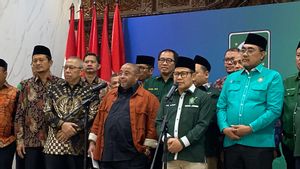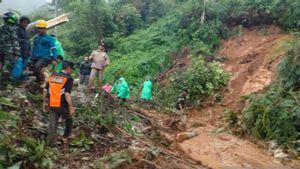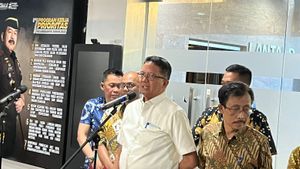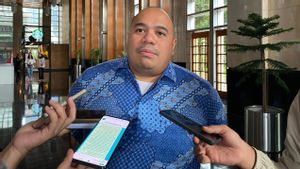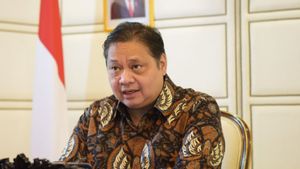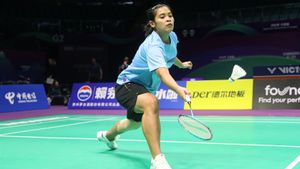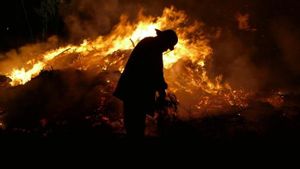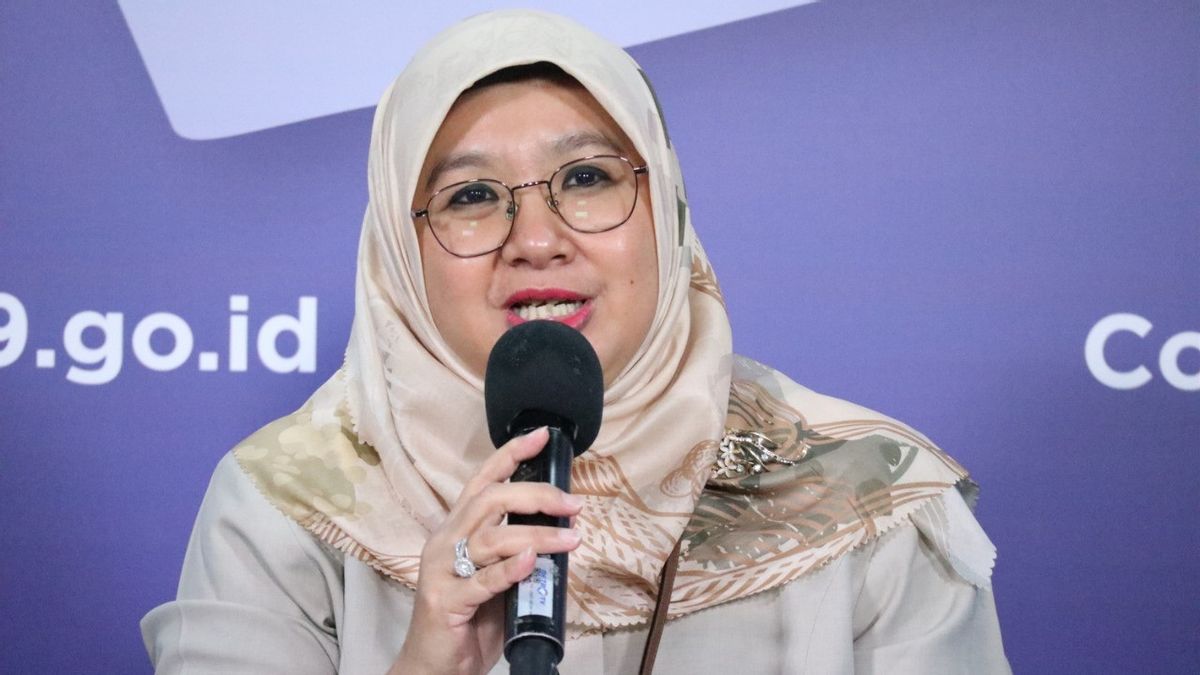
JAKARTA - Indonesian Spokesperson for the G20, Siti Nadia Tarmizi, said the issue of antimicrobial resistance (AMR) or antibiotic resistance due to the impact of microbial evolution will be discussed in the 3rd Health Working Group (HWG) agenda.
The agenda took place on August 22-24. The implementation is a series of the G20 Presidency in Indonesia which is planned to be held in Bali.
"At the 3rd HWG there will be a companion agenda that discusses AMR, namely various efforts related to the prevention and implementation of antibiotic resistance control," said Siti who is also the Secretary of the Directorate General of Public Health of the Ministry of Health in a virtual press conference 'Road to 3rd HWG' which was attended via Zoom, Thursday 18 August.
Confirmed separately, Director of Post-Graduate Program at YARSI University, Prof. Tjandra Yoga Aditama, added that antimicrobial resistance is a big problem in the world today. In fact, he said, it could be called a silent epidemic.
"If there are no adequate efforts, the world may enter an era where antimicrobials, including antibiotics, antifungals, antivirals, antiparasitics, and others, are no longer effective in treating infections in the world," he said.
If this is allowed to happen, continued Tjandra, it will have a very big impact on human health, because infectious diseases will become more and more rampant without control, because they cannot be cured.
Meanwhile, the agenda of the 3rd HWG in Bali raised the main discussion issue regarding efforts to increase vaccine production and manufacturing research networks.
SEE ALSO:
The activity was divided into four sessions. First, efforts to build research and manufacturing networks in G20 countries related to public health emergencies.
The second session discussed efforts to strengthen research and manufacturing networks to deal with future pandemics. The third session, the involvement of the government and the private sector in supporting research and manufacturing networks.
The last session discussed the G20 initiatives in strengthening the research and manufacturing ecosystem to ensure equitable access to vaccines, medicines, and diagnostic tools in access and research and development.
The activity brought delegates from 19 G20 and non-G20 countries. In addition, five regional representative countries, such as Fiji, Congo, Cambodia, Rwanda and Belize, as well as 14 related international organizations were also invited.
The English, Chinese, Japanese, Arabic, and French versions are automatically generated by the AI. So there may still be inaccuracies in translating, please always see Indonesian as our main language. (system supported by DigitalSiber.id)


